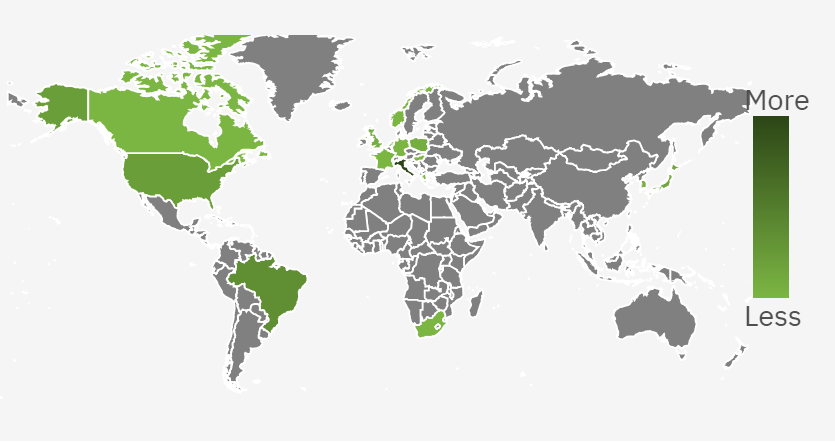 An open access journal
An open access journal
Revolutionizing Finance with Intelligent Solutions
Abstract
This paper explores the revolutionization of finance through intelligent solutions enabled by AI-driven engineering. Through case studies and research insights, it investigates how artificial intelligence is reshaping various aspects of finance, including banking, investment, and risk management. The study highlights the application of AI techniques such as algorithmic trading, fraud detection, and credit scoring in enhancing efficiency, accuracy, and transparency in financial operations. Additionally, it discusses the integration of AI with blockchain technology, robo-advisors, and chatbots to enable seamless transactions, personalized financial advice, and customer service automation. The paper also addresses challenges such as regulatory compliance, algorithmic bias, and cybersecurity risks in the adoption of AI-driven engineering solutions in finance. It emphasizes the importance of regulatory sandboxes, ethical frameworks, and responsible innovation in leveraging AI's potential to drive financial inclusion and sustainable growth.
Share and Cite
Article Metrics
References
- Chong, E., & Han, S. K. (2019). AI in fintech: A review of the state of the art. IEEE Access, 7, 159078-159095.
- Géron, A. (2019). Hands-On Machine Learning with Scikit-Learn, Keras, and TensorFlow: Concepts, Tools, and Techniques to Build Intelligent Systems (2nd ed.). O'Reilly Media.
- Gu, L., Zhang, Z., & Xu, H. (2018). Deep learning-based fraud detection in financial services: A review. Electronic Commerce Research and Applications, 29, 50-66.
- Li, X., Mi, X., & Wang, X. (2017). A survey on algorithmic trading. Journal of Economic Surveys, 31(5), 1312-1345.
- Lipton, Z. C., Berkowitz, J., & Elkan, C. (2016). A critical review of recurrent neural networks for sequence learning. arXiv preprint arXiv:1506.00019.
- Raskin, M., & Yu, C. (2018). Explainable AI for financial regulation: Applications and challenges. In Proceedings of the 1st International Workshop on Deep Learning for Knowledge Graphs (DL4KG) (pp. 1-8).
- Zeng, Y., Ustun, B., & Rudin, C. (2016). Interpretable classification models for recidivism prediction. Journal of the Royal Statistical Society: Series A (Statistics in Society), 179(3), 689-722.

